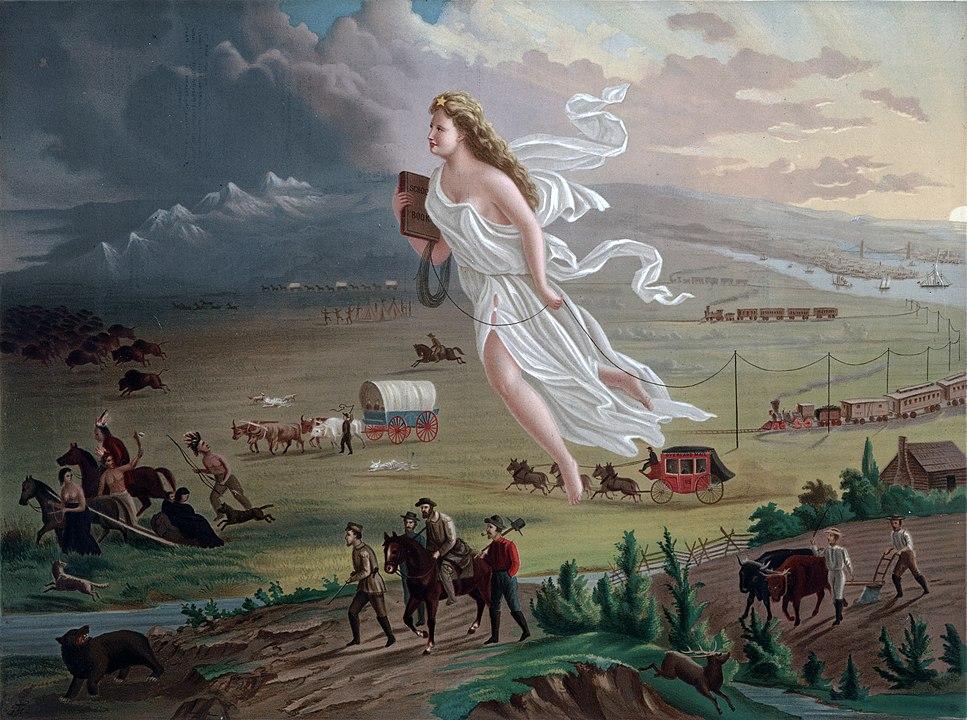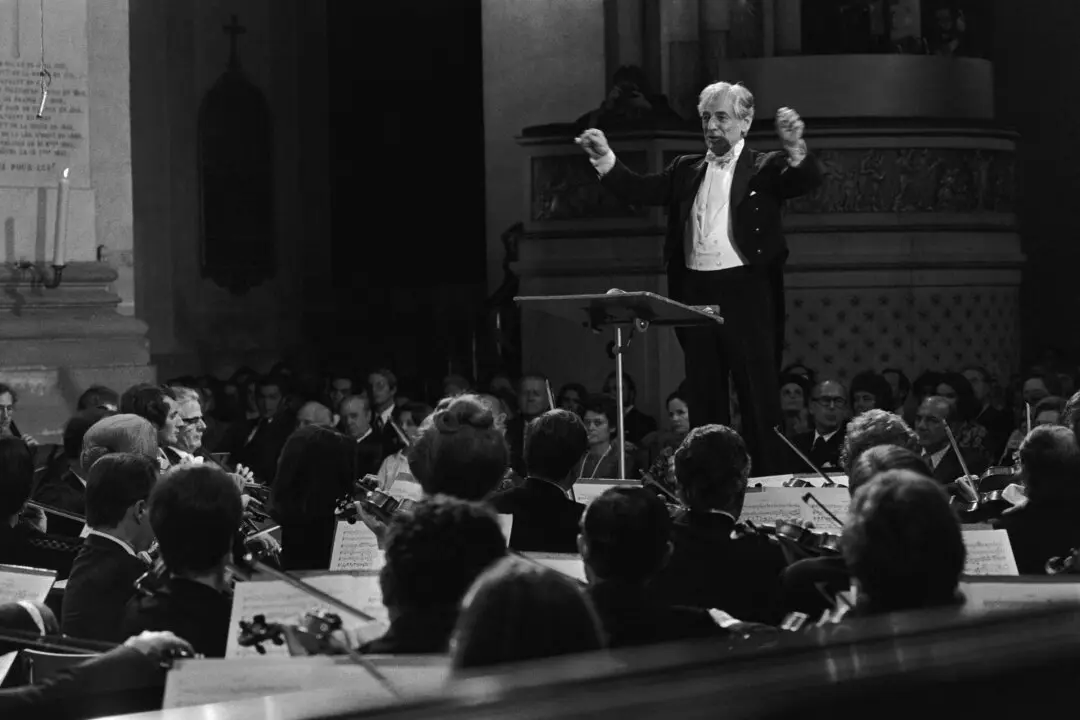On July 16, 1969, NASA’s Apollo 11 mission kicked off with a bang when a Saturn V rocket launched from Kennedy Space Center, sending astronauts to the moon. As the lunar module made its way to the moon’s surface, America was already making official preparations for their return.
The U.S. Navy played a critical role in their safe landing. The USS Hornet, one of the Navy’s ships, readied itself in the Pacific Ocean. On board the Hornet stood the U.S. Navy Band. Their mission? As officials retrieved the astronauts after splashdown, the band played music to commemorate the mission’s grand success.





